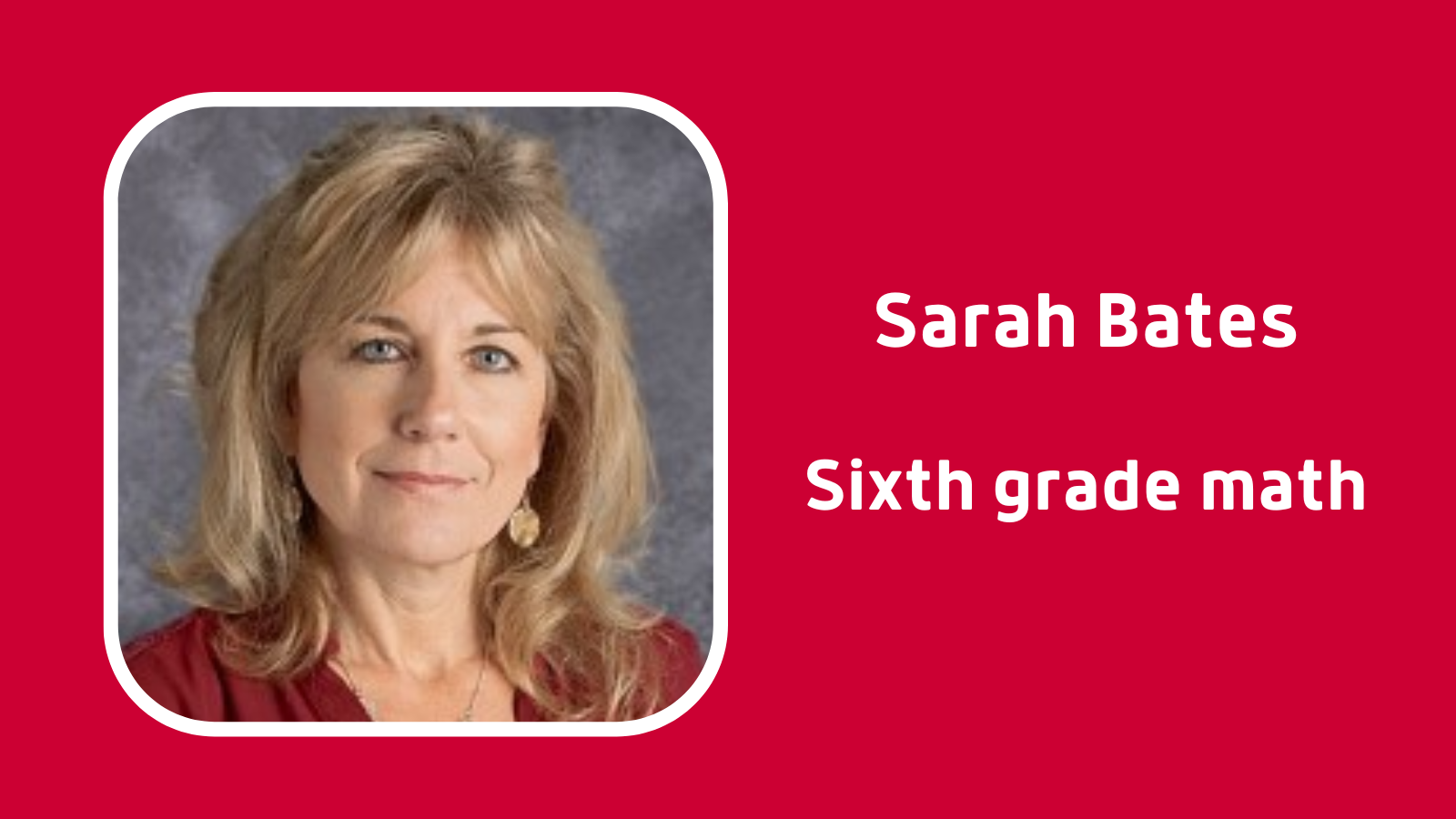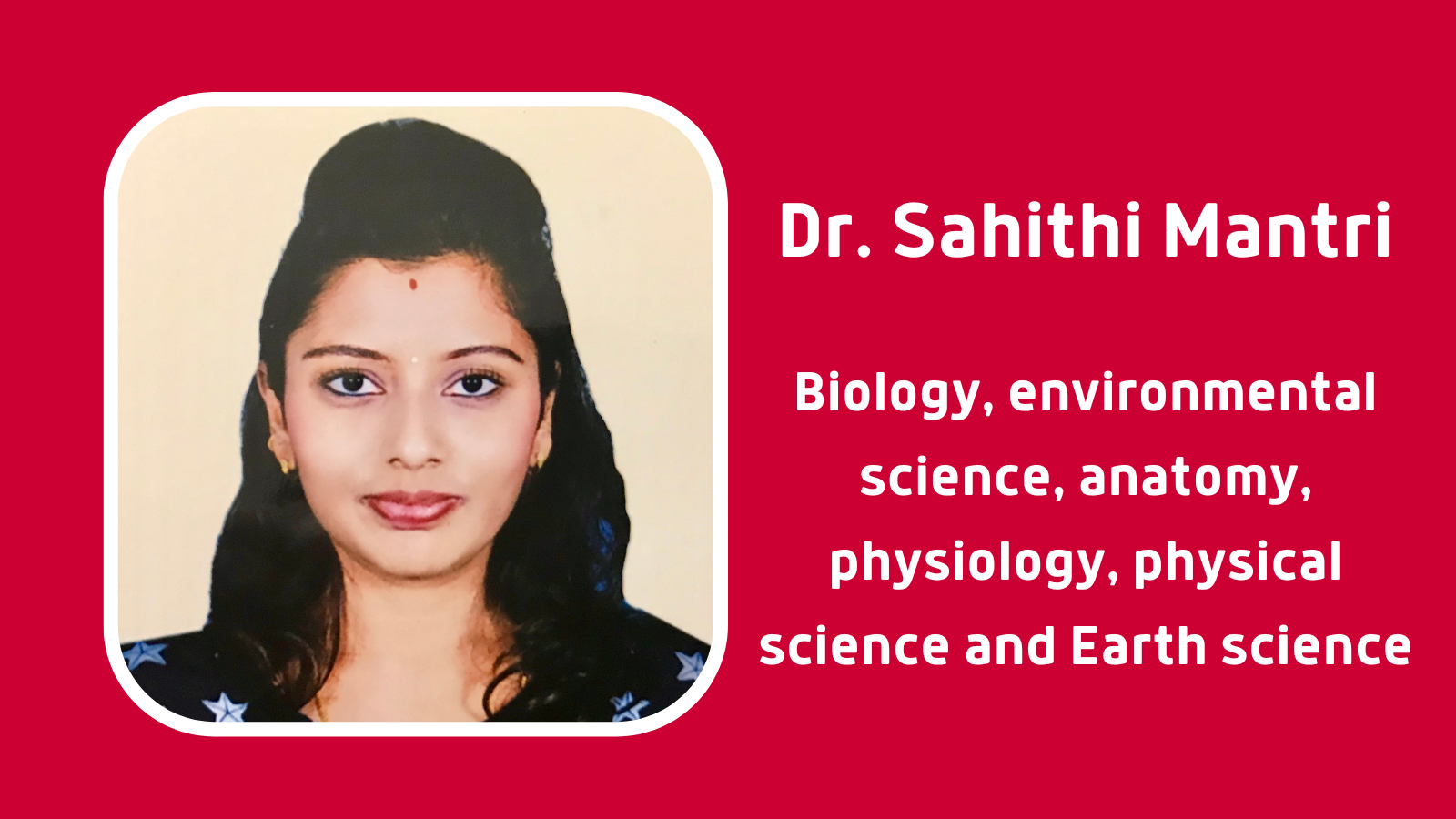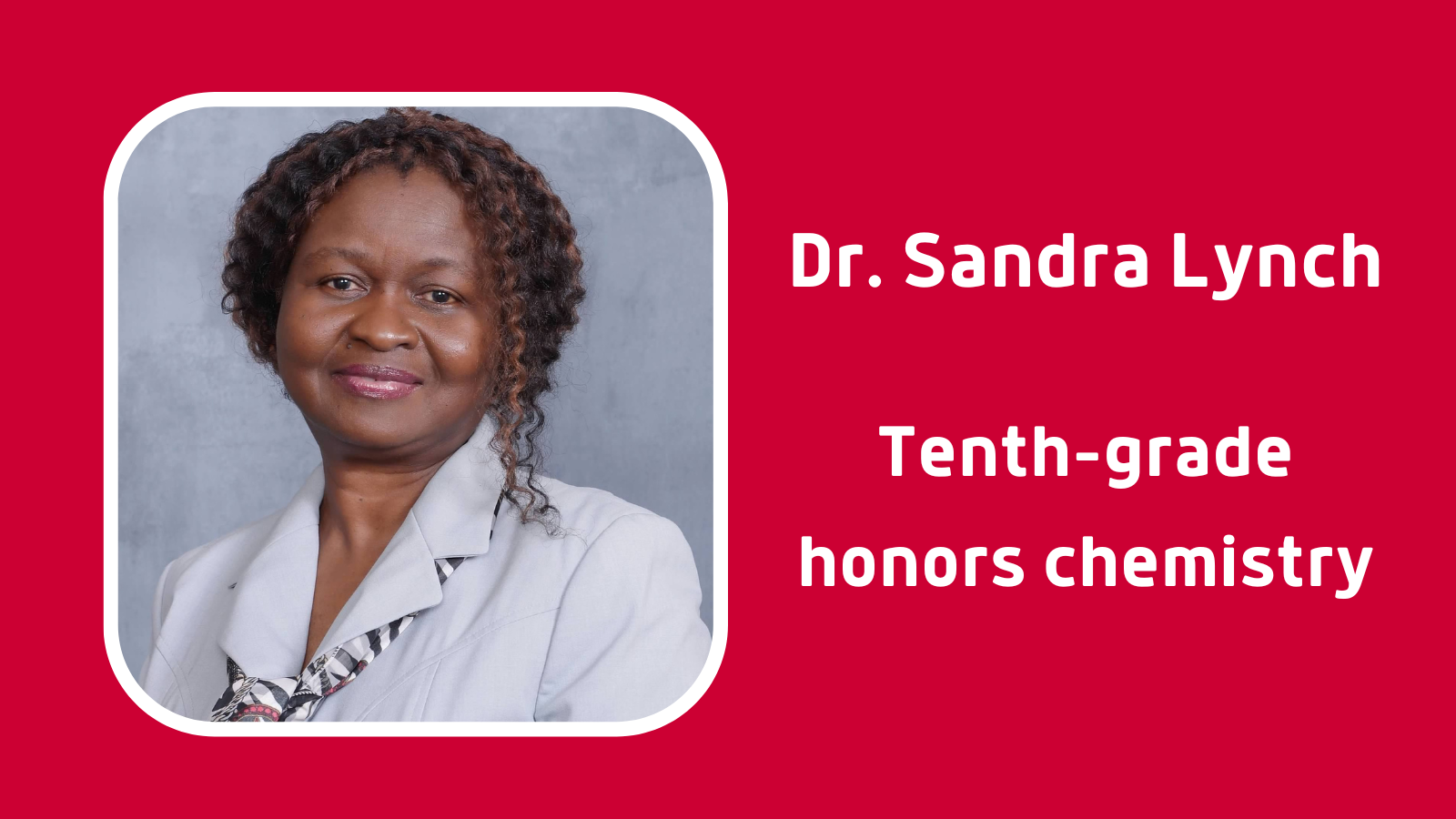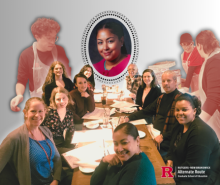How These New Jersey Educators Are Expanding Girls’ Horizons in Science and Engineering

Diversity in STEM has been a decades-long challenge for the United States workforce. As underrepresented communities gain access to more opportunities, however, diversity within STEM careers has grown - especially within the past decade.
Currently, women make up 35 percent of the STEM workforce. While there is still a lot of work to do to achieve true gender equality in the sector, the gap has shrunk significantly. For example, only 8 percent of STEM workers in 1970 were women, showing a big jump over the course of 50 years.
A big part of that growth is attributed to the past decade, with more opportunities available as science, technology, engineering and math advance. Between 2011 and 2021, women in the STEM workforce increased by 30 percent. Comparatively, men in the STEM workforce only increased by 15 percent.

“Gender disparity in the STEM fields continues to this day because society as a whole has not fully abated discrimination based upon gender, race, religion, ability/disability, or of any type imaginable,” said sixth grade math teacher Sarah Bates. “There will always be discrimination as long as there are voices out there that oppose equality and perpetuate the ignorance of superiority of one group over another.”
Bates is just one of many educators who are closing the STEM gender gap in New Jersey. It’s an effort that has even gone to the state level. In November 2022, Gov. Phil Murphy signed legislation to expand STEM education through an incentive program for New Jersey public school teachers.
The program encourages public-school STEM teachers to partner - or ‘moonlight’ - with non-public schools to help address teacher shortages. According to Gov. Murphy, the program provides teacher participants with “greater flexibility” and compensation.
With more resources available to educators and students, STEM becomes accessible and fun for those who have been historically excluded.
New Jersey is stepping up STEM
At New Brunswick Health Sciences Technology High School, STEM education is at the center of the students’ world. The competitive school accepts students with an interest and aptitude in the health field and provides hands-on career experience while the students work toward graduating.
“By the time the students graduate, they’ve been in hospital rounds for a year,” said Principal Jeremiah Clifford. “While they are in the hospital, they are fully independent of their classmates and teachers - they are really shadowing and learning.”
Assistant Principal Joann Ciezak estimates 60 percent of graduates go into the healthcare field, thanks to the school’s focus on connecting learning with career opportunities.
“They see the connection between math and their career,” Ciezak said. “We had a surgeon come in and show the students how he used math to determine how to do a hip replacement.”
According to Clifford and Ciezak, young women make up a large portion of school applications. It is up to school staff and faculty to break stereotypes about women and STEM education and remind those young women they have great potential in the STEM field.
“When we do our walkthroughs, I often stop and look at the student and say ‘Your face looks like you understand it, you must be good at math,’” Clifford said. “You have to put that in the mind of students.”
These little-but-big encouragements from the educators combat the “Girls aren’t good at math” stereotypes often heard by women of all ages.
“Luckily, a lot of our science and math teachers are women, so we can point to them as successful examples,” Clifford said. “We really try to reinforce to everyone that you have to believe in your capabilities and believe in yourself.”
Rutgers Alternate Route teachers’ impact
At the teaching level, New Jersey educators are finding their own ways to boost confidence and aptitude in STEM for young women who were once discouraged.
According to past Rutgers Alternate Route candidate Dr. Sahithi Mantri, building connections with the world outside the classroom has proven successful.

“Educators strive to connect students' in-classroom experiences with the outside world,” said Mantri, who teaches biology, environmental science, anatomy, physiology, physical science and Earth science. “Academic content makes sense if there is a real-life application and real-world connection, and STEM practices have versatile applications in everyday life. For example, routine practices like driving a car or baking apply STEM knowledge.”
For Dr. Sandra Lynch, who teaches tenth-grade honors chemistry, being an example to young women - and seeing other examples of successful women in STEM - goes a long way.

“Just being who I am, and being successful and happy in this role, goes a long way to influence my young female students to aspire to do the same,” Dr. Lynch said. “If female students can have positive interactions and relationships with female professionals in these roles, I believe they will feel more encouraged and empowered to pursue studies and careers in the STEM areas.”
Dr. Lynch believes we are in the middle of a paradigm shift with STEM’s gender gap, and showcasing women in the field is necessary for young women to see themselves in those roles.
Also necessary is flipping the script on common phrases heard in the classroom. For example, Bates notices whenever a student says “I’m bad at math” and encourages them to see the challenge a different way. “I don’t understand this yet,” "I need to find a different way to understand this,” "All things are difficult until I practice them" and "I will be able to do this soon" are all phrases Bates uses to reprogram negative thoughts and stereotypes.
“After turning negative statements into positive statements, I always end with "I will help you find a way" or "I got you!" Bates said. “This reassures the student that I do care and that they are not alone.”
If you’re considering following your dream of teaching, Rutgers Alternate Route can offer you the support and training you need to succeed. Be sure to follow Rutgers Alternate Route on Twitter sign up for Alternate Route’s monthly newsletter for more information and stories from the field of education.

 Heather Ngoma has over 25 years of experience collaborating with educators across New Jersey to drive education innovation. She currently serves as the Director of the Rutgers-GSE Alternate Route Program in the Department of Learning and Teaching, a program which helps career changers, recent college graduates, and other aspiring education professionals become licensed teachers in New Jersey. Follow her on Twitter @heatherngoma.
Heather Ngoma has over 25 years of experience collaborating with educators across New Jersey to drive education innovation. She currently serves as the Director of the Rutgers-GSE Alternate Route Program in the Department of Learning and Teaching, a program which helps career changers, recent college graduates, and other aspiring education professionals become licensed teachers in New Jersey. Follow her on Twitter @heatherngoma.





